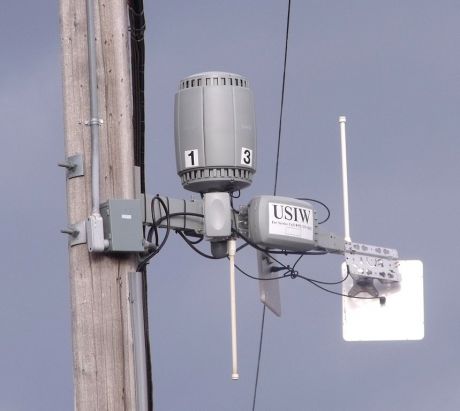Future hope for wireless cooperative networks

USI router
Collin Knopp-Schwyn [CC BY 4.0 (http://creativecommons.org/licenses/by/4.0)], via Wikimedia Commons
While creation of test beds for novel wireless cooperative networks was halted due to force majeure, a golden opportunity remains for a future EU-funded project to investigate this promising technology.
Wireless cooperative networks have in recent years been raising the bar
in terms of improving wireless communication. Based on getting devices
to share their antennas in order to advance reception reliability, the
technology also promises to reduce power consumption radically. The
EU-funded COOPLAB (A federated testbed environment for experimentation
on wireless cooperative networks) project aimed to investigate if the
theory behind this concept could become reality.
The project intended to examine problematic theoretical models and simulations that could often oversimplify assumptions and misrepresent potential efficiency, from the drawing board to reality. It looked at taking cooperative scenarios and examining how they function in actual wireless test beds.
Coordinated by the Centre for Research & Technology Hellas (CERTH) in Greece, COOPLAB hoped to establish wireless test beds in project partner countries, namely Egypt and Morocco. These nations boast the required conditions to launch such test beds and to demonstrate the potential of this promising communication technology. However, due to the political instability in these countries during the time of the project, the team was unable to complete its mandate.
Initially, the project team had begun building research collaboration on a global scale to spur new research opportunities in cooperative communications. It also planned to establish federated easy-to-use environments for cooperative wireless testing. In the future, another project could hopefully pick up where the team left off and re-examine this potentially advanced communication scheme as stability returns to the countries targeted.
published: 2015-11-03

